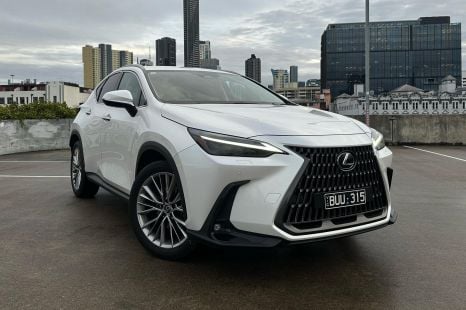

William Stopford
3 Days Ago

Contributor
Volvo has adjusted its ambitious electric vehicle (EV) sales goals amid cooling demand for battery-powered models.
In March 2021, Volvo announced bold plans to only sell EVs globally by 2030, five years ahead of Europe’s looming ban on new petrol and diesel-powered vehicles in 2035.
However, cooling demand for EVs has led Volvo to walk back its plans overnight, and it’s now targeting 90 to 100 per cent electrified vehicle sales by 2030 – with the new target including plug-in hybrids (PHEVs).
Volvo has left a buffer of up to 10 per cent for its 48-volt mild-hybrid models, which provide small fuel savings compared to pure internal combustion engines (ICEs).
100s of new car deals are available through CarExpert right now. Get the experts on your side and score a great deal. Browse now.

“There has been a slower than expected rollout of charging infrastructure, withdrawal of government incentives in some markets and additional uncertainties created by recent tariffs on EVs in various markets,” the carmaker said in a media statement.
“With this in mind, Volvo Cars continues to see the need for stronger and more stable government policies to support the transition to electrification.
“The strategic adjustments to its electrification ambitions ensure that Volvo Cars has a flexible plan that meets customer preferences and enables value creation as a business.”
By 2025, Volvo expects EVs and PHEVs to account for 50 to 60 per cent of its global sales – a target it’s on track to meet, as 48 per cent of its vehicles sold in the second quarter of 2024 were plug-in, and 26 per cent were electric-only.
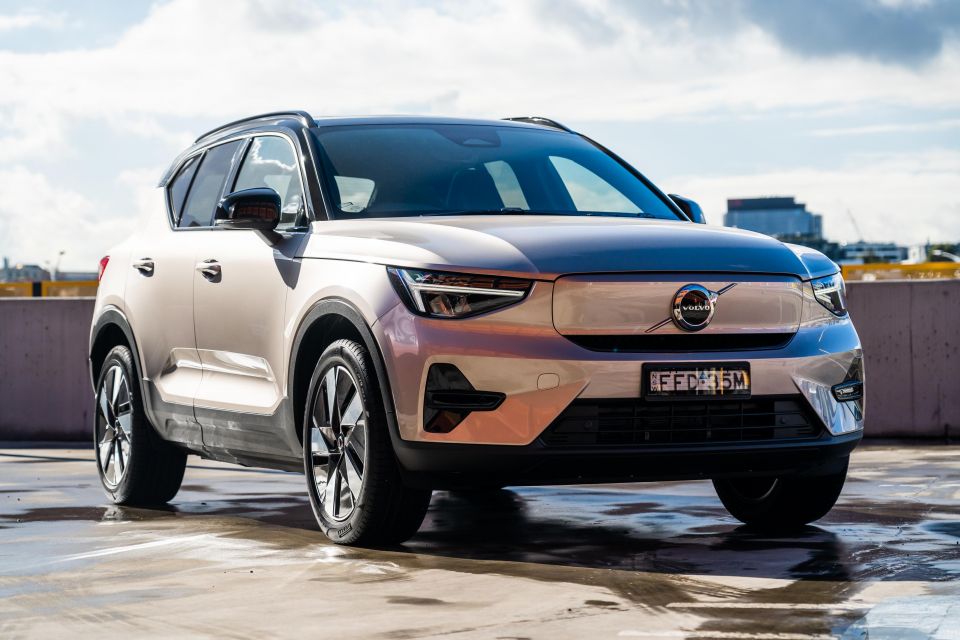
Volvo Car Australia announced in 2022 its plans to switch to an electric-only lineup by 2026, four years ahead of its global parent.
It still has work to do, however. In the first half of 2024, Volvo delivered 2024 EVs in Australia, which accounted for just under 43 per cent of its 4741 total sales to that point.
“Our 2026 all-electric ambition is still very much a focus,” a Volvo Cars Australia spokesperson told CarExpert.
“Since the global transition to electrification will not be linear, as customers and markets move at different speeds of adoption, we need to be pragmatic and flexible, while retaining our industry-leading position on electrification and sustainability.”
While the small EX30 is expected to be an EV sales driver along with the EX40 and EC40 – renamed versions of the XC40 Recharge and C40 Recharge, respectively – the new EX90 will serve as Volvo’s new flagship when it arrives in Australia.
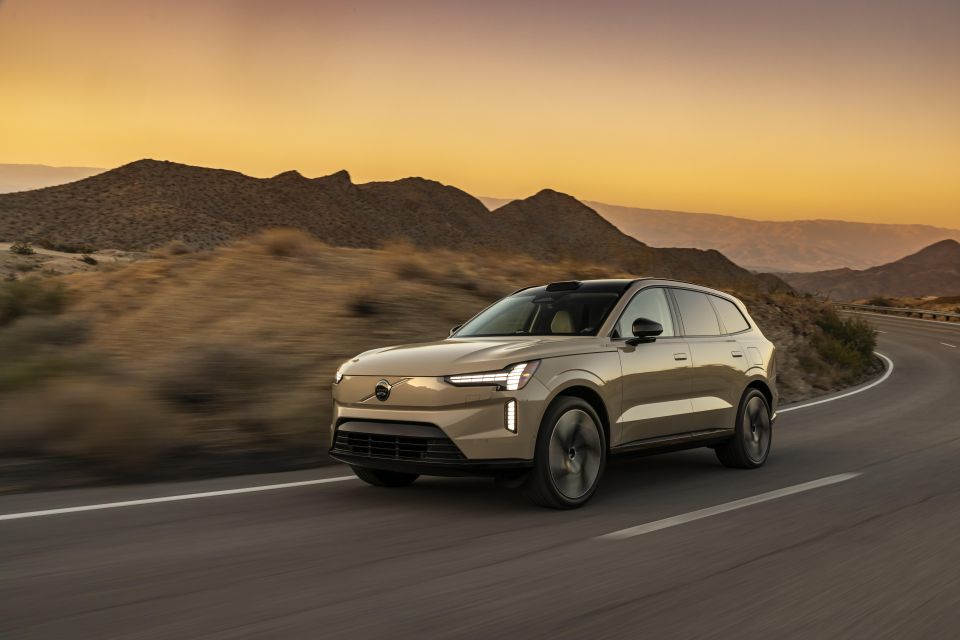
At least one other Volvo EV is coming to local showrooms in 2025, though the company has yet to confirm if it’ll be the EM90 people mover or the yet-to-be revealed ES90 sedan.
Speaking to CarExpertin May, Volvo Car Australia managing director Stephen Connor said all new cars coming to Australia will be electric, with PHEVs only potentially being introduced to existing models through facelifts.
“Every new car that we bring will be a battery electric car. So every new model that comes into the range will be battery electric,” Mr Connor told CarExpert.
“That’s critical for me to emphasise that. If it’s a new model, it will be purely battery electric; if it’s an existing model or facelift then that’s the current XC60 or XC90 [where there’s scope for non-EV launches before 2026].”
MORE: Everything Volvo MORE: Volvo Australia planning to be electric-only by 2026: All the details MORE: Volvo eyes softening EV goals amid cooling demand MORE: Volvo going fully electric by 2030, will only sell online
Take advantage of Australia's BIGGEST new car website to find a great deal on a Volvo.
Born and raised in Canberra, Jordan has worked as a full-time automotive journalist since 2021, being one of the most-published automotive news writers in Australia before joining CarExpert in 2024.


William Stopford
3 Days Ago
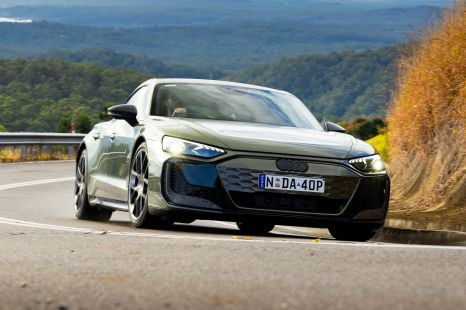

James Wong
3 Days Ago
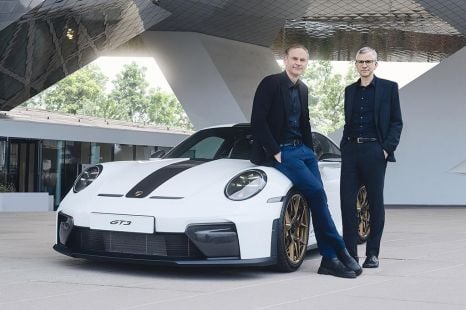

Damion Smy
2 Days Ago
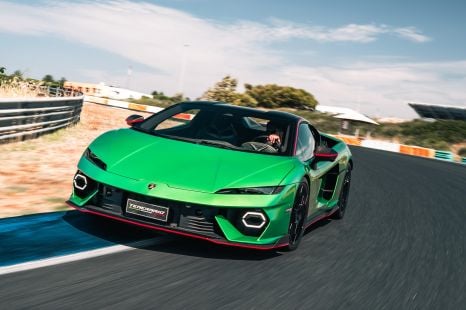

Alborz Fallah
2 Days Ago
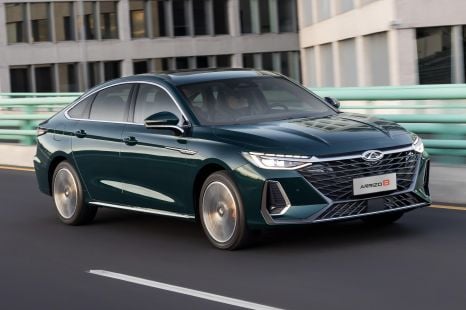

Max Davies
2 Days Ago
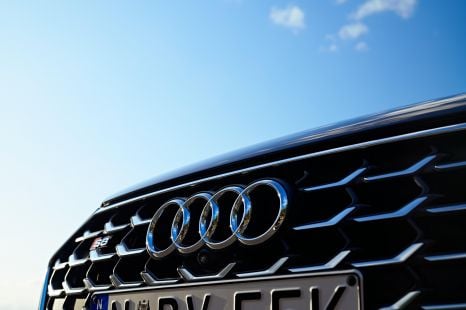

William Stopford
2 Days Ago